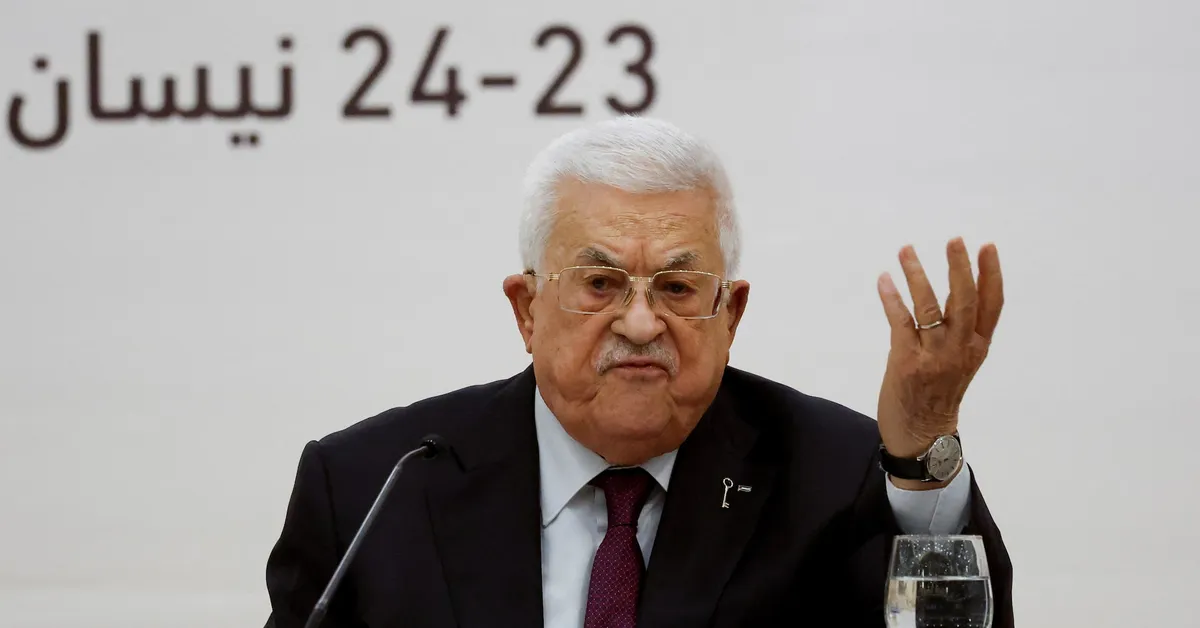
On April 26, 2023, Palestinian President Mahmoud Abbas officially named his close confidant, Hussein al-Sheikh, as his deputy and potential successor. This significant decision was announced by the Palestine Liberation Organisation (PLO) and is perceived as a strategic move to alleviate international concerns regarding the future of Palestinian leadership.
At 89 years old, Abbas has led both the PLO and the Palestinian Authority (PA) since the passing of the iconic leader Yasser Arafat in 2004. Despite his lengthy tenure, Abbas has been hesitant to implement necessary internal reforms, particularly regarding the identification of a successor. This decision to appoint Sheikh reflects a growing need for a clear leadership transition within the Palestinian political landscape.
Born in 1960, Hussein al-Sheikh is a seasoned member of Fatah, the predominant faction within the PLO, established by Arafat. Sheikh is considered a pragmatist and is known for his close relationships with Israeli officials. Following his appointment, he will serve as the vice president of the PLO, a position he secured after the organization's executive committee endorsed Abbas's nomination.
Reforming the Palestinian Authority has become a priority not only for the United States but also for various Gulf monarchies. These nations are eager to see the PA play a pivotal role in addressing the ongoing Israeli-Palestinian conflict. The urgency for reform has intensified in light of the recent war in Gaza, during which Hamas, the PA's primary rival, has engaged in a protracted conflict with Israel, resulting in widespread devastation across the densely populated territory.
The United States has been advocating for a reformed PA to govern Gaza post-conflict, while Gulf monarchies are expected to be significant contributors to the reconstruction efforts in the area. However, Israel's stated goal in Gaza centers around the dismantling of Hamas, and Israeli Prime Minister Benjamin Netanyahu has unequivocally rejected any role for the PA in Gaza's governance.
Since 2007, Hamas has maintained control over Gaza, having defeated the PA in a brief civil war after winning elections. The militant group, which adheres to an Islamist ideology, also has a considerable presence in the West Bank. During a recent meeting of the PLO's Central Council, Abbas made a clear call for Hamas to disarm and transfer its governance responsibilities in Gaza to the PA, marking one of his strongest statements on the issue to date.
The PA's credibility has suffered due to rampant corruption, stagnation in pursuing an independent state, and increasing Israeli military incursions into the West Bank. Established through the Oslo Accords in 1993, the PA has been dominated by Fatah since its inception and has not conducted parliamentary elections since 2005. Sheikh, who has previously been imprisoned by Israel for his anti-occupation activities from 1978 to 1989, has served as Abbas’s key liaison with the Israeli government and has represented the PA in discussions with global powers.
This recent leadership change highlights the complex dynamics of Palestinian politics and the pressing need for reform within the Palestinian Authority to address both internal and external challenges.